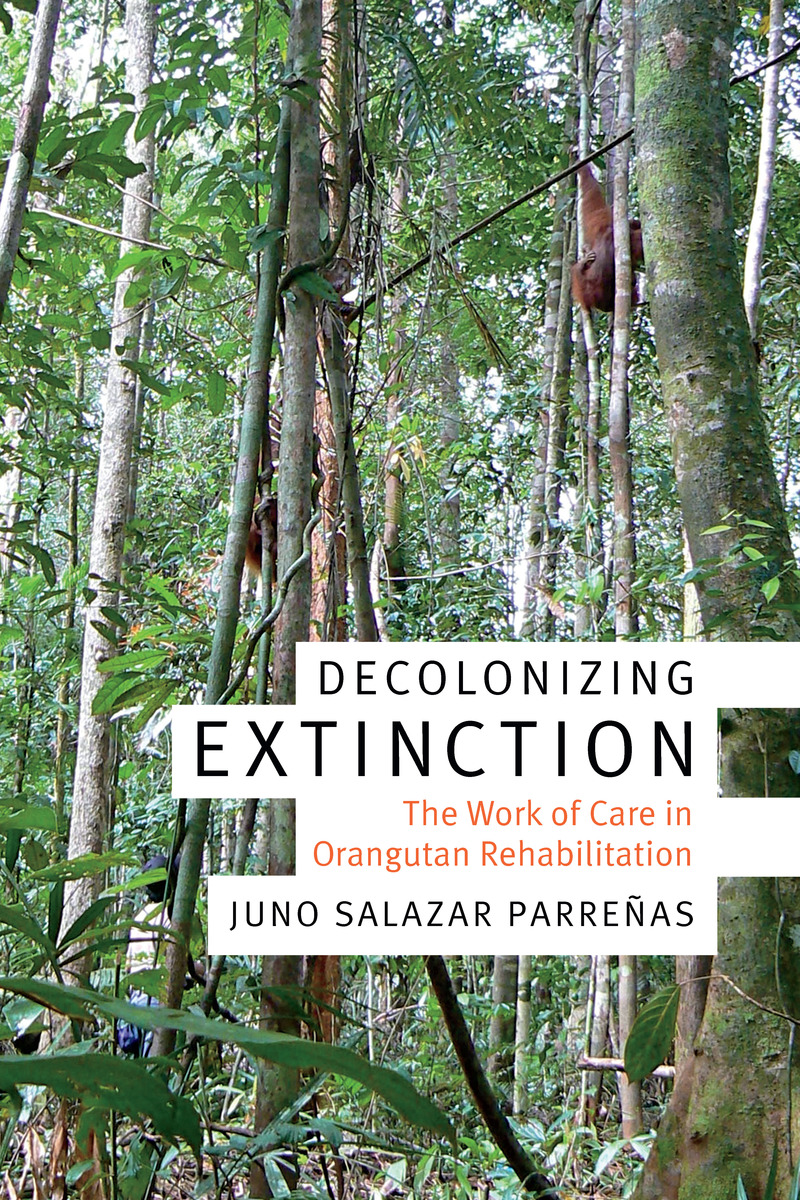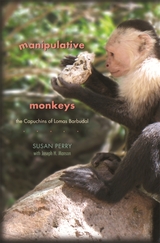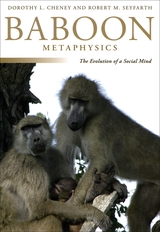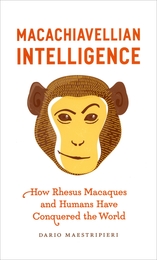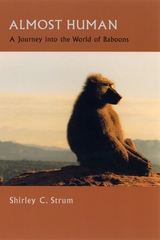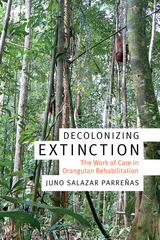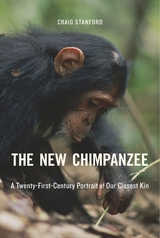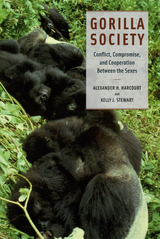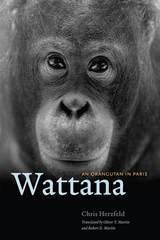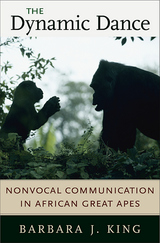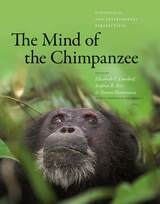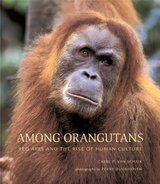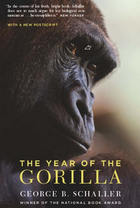Decolonizing Extinction: The Work of Care in Orangutan Rehabilitation
Duke University Press, 2018
Cloth: 978-0-8223-7062-8 | Paper: 978-0-8223-7077-2 | eISBN: 978-0-8223-7194-6 (standard)
Library of Congress Classification QL737.P94P37 2018
See other books on: Borneo | Care | Human-animal relationships | Orangutans | Primates
See other titles from Duke University Press
Cloth: 978-0-8223-7062-8 | Paper: 978-0-8223-7077-2 | eISBN: 978-0-8223-7194-6 (standard)
Library of Congress Classification QL737.P94P37 2018
ABOUT THIS BOOK | AUTHOR BIOGRAPHY | REVIEWS | TOC | REQUEST ACCESSIBLE FILE
ABOUT THIS BOOK
In Decolonizing Extinction Juno Salazar Parreñas ethnographically traces the ways in which colonialism, decolonization, and indigeneity shape relations that form more-than-human worlds at orangutan rehabilitation centers on Borneo. Parreñas tells the interweaving stories of wildlife workers and the centers' endangered animals while demonstrating the inseparability of risk and futurity from orangutan care. Drawing on anthropology, primatology, Southeast Asian history, gender studies, queer theory, and science and technology studies, Parreñas suggests that examining workers’ care for these semi-wild apes can serve as a basis for cultivating mutual but unequal vulnerability in an era of annihilation. Only by considering rehabilitation from perspectives thus far ignored, Parreñas contends, could conservation biology turn away from ultimately violent investments in population growth and embrace a feminist sense of welfare, even if it means experiencing loss and pain.
See other books on: Borneo | Care | Human-animal relationships | Orangutans | Primates
See other titles from Duke University Press
